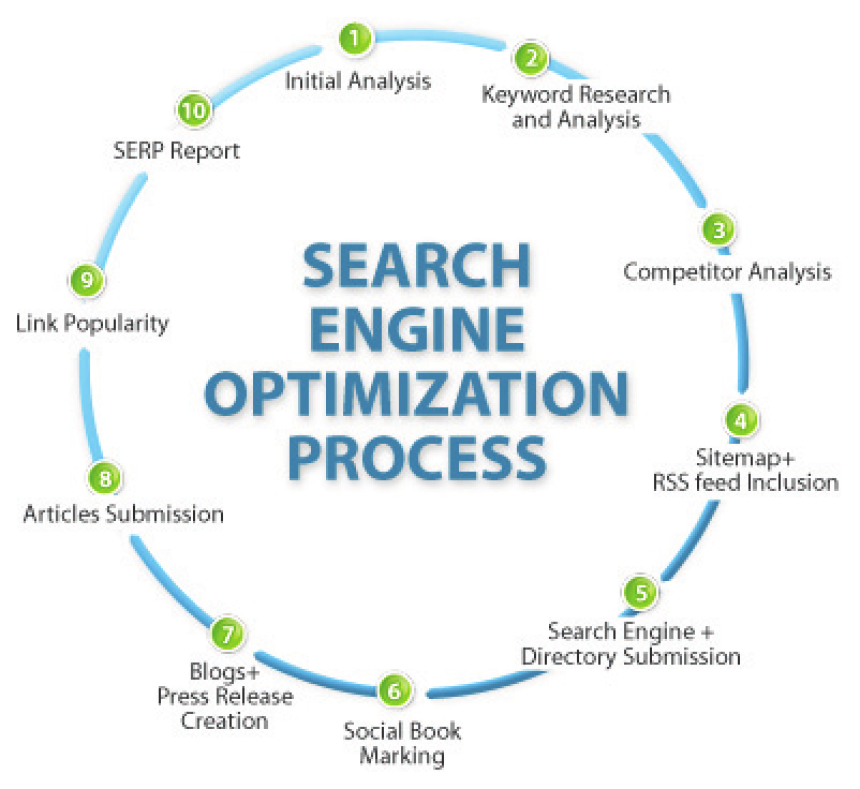
Hashtags
2 years ago
Hashtags
#what-is-this
What is Seo?
SEO, or Search Engine Optimization, is a set of practices and strategies aimed at improving the visibility and ranking of a website or web page in search engine results pages (SERPs). The primary goal of SEO is to increase organic (non-paid) traffic to a website.
Here are some key components of SEO:
- Keyword Research: This involves identifying and analyzing the specific words and phrases that people use to search for information related to your website's content. Understanding these keywords helps in creating content that aligns with what users are looking for.
- On-Page Optimization: This includes optimizing elements on a web page itself. This can involve optimizing meta tags (title, description), headers, content, images, and URLs to be more search engine-friendly.
- Off-Page Optimization: This refers to activities that are performed outside of the website but have an impact on its rankings. The most notable aspect of off-page optimization is building high-quality backlinks from other reputable websites.
- Technical SEO: This involves optimizing the technical aspects of a website to make it more accessible and understandable for search engines. This includes factors like site speed, mobile-friendliness, secure connections (HTTPS), and structured data.
- User Experience (UX): Providing a good user experience is increasingly important for SEO. This includes factors like website speed, mobile responsiveness, clear navigation, and providing valuable content.
- Content Creation: Creating high-quality, relevant, and engaging content is crucial for SEO. Content can be in various forms, including articles, blog posts, videos, infographics, and more. It should be valuable to the audience and address their needs or questions.
- Local SEO (if applicable): This is important for businesses that serve specific geographical areas. It involves optimizing a website to appear in local search results, often involving activities like setting up Google My Business profiles and local citations.
- Analytics and Monitoring: Keeping track of website performance through tools like Google Analytics is essential. It helps in understanding what works and what doesn't, and allows for adjustments to be made accordingly.
- Adhering to Search Engine Guidelines: Following the guidelines provided by search engines like Google is crucial. Engaging in "black hat" SEO tactics (such as keyword stuffing, cloaking, or buying links) can lead to penalties and a drop in rankings.
Remember that SEO is an ongoing process. Search engines regularly update their algorithms, and what works today might not work as effectively in the future. It's important to stay updated with industry trends and adjust your SEO strategies accordingly.





